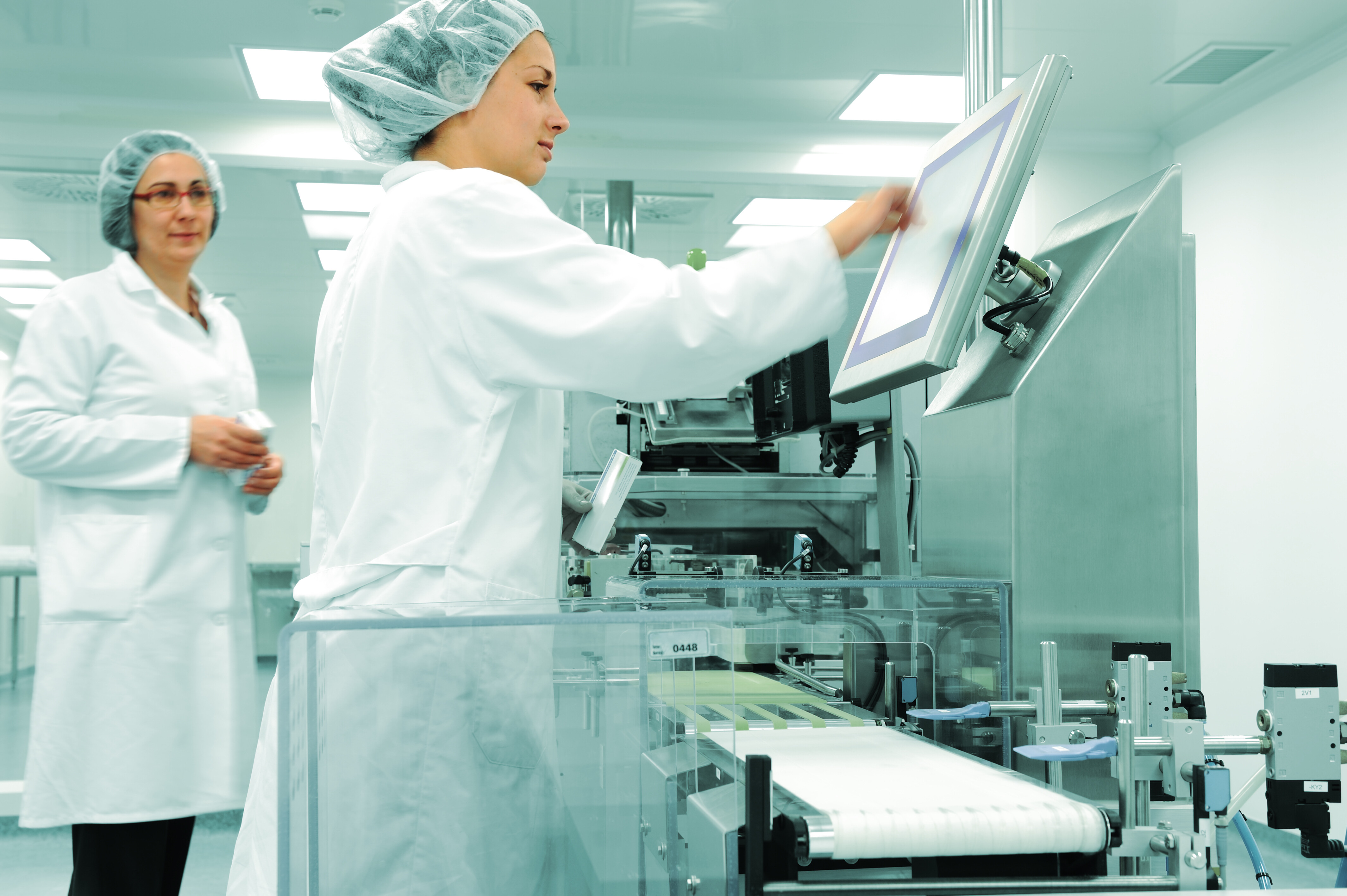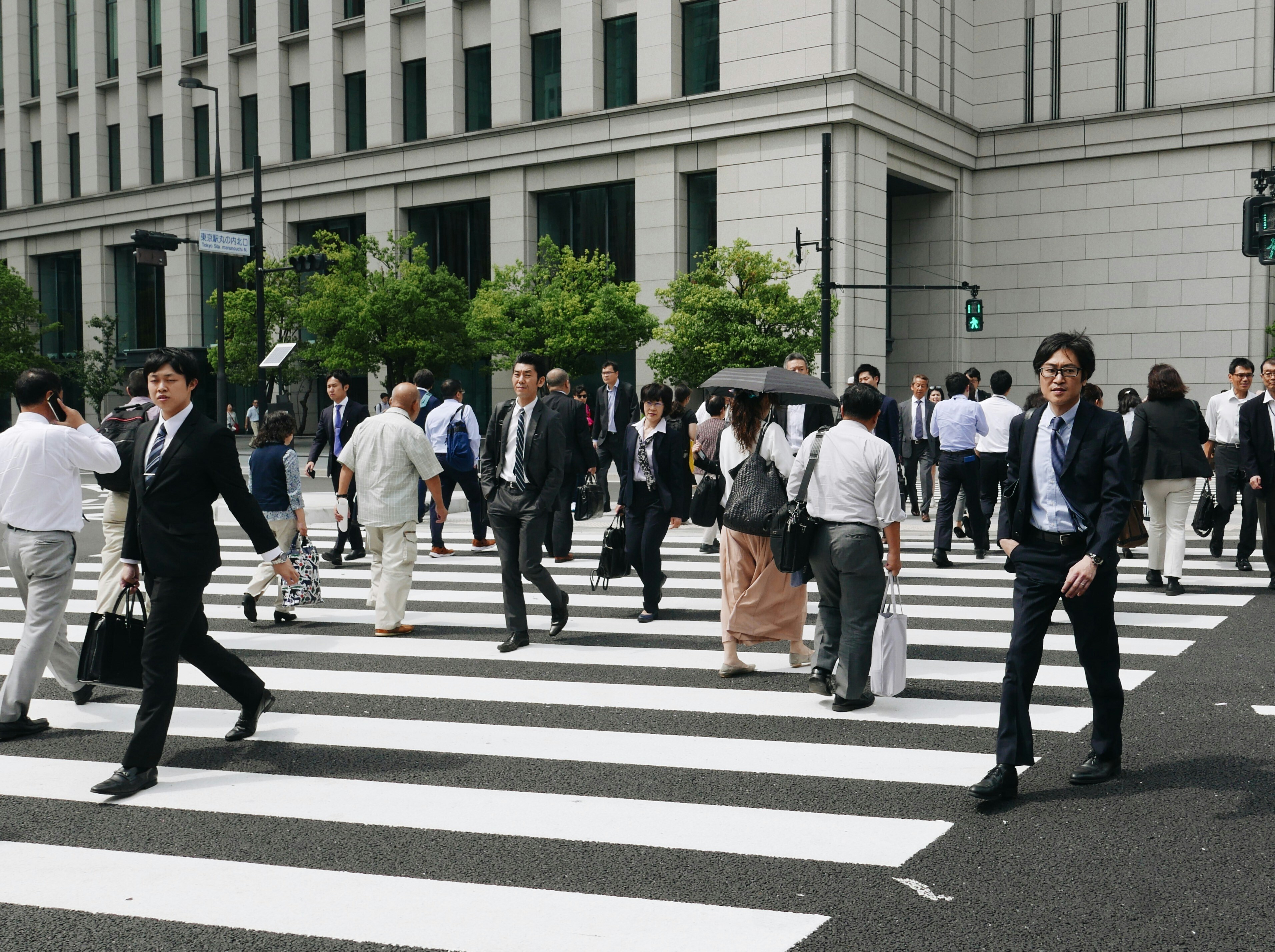How farms are getting closer to consumers in the pandemic

Farms are struggling to find fruit pickers during the coronavirus pandemic. Image: REUTERS/Fernando Carranza
- Governments are calling on furloughed workers and the unemployed to help pick fruit and vegetables.
- Farmers are supplying food directly to consumers in schemes they hope will outlast the pandemic.
- France is streaming tales of rural life online to help city dwellers understand the reality of agriculture.
As COVID-19 upturns supply chains around the world, consumers are increasingly conscious of where their food comes from.
Shoppers in the developed world, used to supermarkets stocking seasonal food all year round, faced empty shelves in late March as retailers grappled with a spike in demand and uneven supply from producers struggling under new lockdown rules.
At the same time, dairy farmers saw prices collapse as restaurants and cafes closed their doors indefinitely, causing a 70% drop in demand from the food sector. Many were left with no option but to dump unsold milk. Now there are fears that fruit and vegetables will be left to rot in fields, as travel bans to curb the spread of COVID-19 have left farms across western Europe short of hundreds of thousands of migrant workers.
1. A new “land army”
In the UK, some 70,000-80,000 seasonal pickers are usually needed, but travel restrictions mean migrant workers can't fill the vacancies. So the government has launched a Pick for Britain scheme to redeploy students and furloughed workers on farms across the country. There are concerns however, over how sustainable this will be if lockdown is lifted in June and many are able to return to their jobs.
Spain, the EU’s biggest exporter of fruit and vegetables, faces similar shortages. Its government has said it will allow illegal immigrants to take farm jobs alongside the unemployed, an idea also being aired in Italy. Italy’s agriculture minister, Teresa Bellanova, said: “For those who do not have legal documents, but who have perhaps worked in the fields, they should become legalized”.
Germany and France have launched job-matching schemes, appealing for people who have lost work during the pandemic to plug the gap. The German government launched a website called The Land Helps to link farmers with the millions of people whose workplaces have closed, and with students whose exams have been cancelled.
Around 70 people from migrant and asylum seeker shelters in Seine-et-Marne, east of Paris, responded to calls to harvest berries and asparagus. The Guardian reports that they will receive contracts and at least the minimum wage. But the scheme is fraught with difficulties, with refugee advocates worried about “modern slavery”.

2. From farm to table
In the US, many farms are responding to the crisis by selling direct to consumers, a trend some small-scale producers hope will outlast the pandemic. Simon Huntley, founder of Harvie, a company that helps farmers market and sell their products online, told Reuters: "I think we are getting a lot of new people into local food that have never tried buying from their local farmer before".
Many are adopting a community-supported agriculture (CSA) programme. One CSA in Wisconsin is using Harvie to offer customers in the area a selection of 95 products, from vegetables to honey and meat. Chris Duke, one of the farmers, said the farms made about $7,000 between them over one week in April, which is huge for a season when not much is growing.
In India, there is growing interest in a decades-old programme for farmers to supply fresh produce directly to consumers. Back in 2000, the government in Maharashtra State created smaller, less congested weekly markets in urban areas where growers can sell their produce, rather than going through large wholesalers.
During the pandemic, most producers are minimizing contact by selling pre-packed, customized packets of vegetables. In several areas of Pune and Mumbai, these decentralized markets have given way to growers delivering directly to the gates of housing societies. Elsewhere in Maharashtra, the Paani Foundation is collecting surplus produce from farmers for distribution, in order to reduce crowds at vegetable markets and ensure almost door-to-door delivery.
What is the World Economic Forum doing about the coronavirus outbreak?
3. Living the good life, vicariously
Meanwhile in France, city-dwellers who have been locked down for two months are being offered a taste of the good life via a new television service. Cultivons Nous.tv is styled as a Netflix for farming. It streams news, documentaries and clips filmed by farmers, to give a true picture of the hard work that goes into feeding the nation.
The subscription platform has been set up by Edouard Bergeon, a farmer and film director, and Guillaume Canet, a French film star, with the aim of educating the urban population.
Don't miss any update on this topic
Create a free account and access your personalized content collection with our latest publications and analyses.
License and Republishing
World Economic Forum articles may be republished in accordance with the Creative Commons Attribution-NonCommercial-NoDerivatives 4.0 International Public License, and in accordance with our Terms of Use.
The views expressed in this article are those of the author alone and not the World Economic Forum.
Stay up to date:
COVID-19
Related topics:
Forum Stories newsletter
Bringing you weekly curated insights and analysis on the global issues that matter.
More on Health and Healthcare SystemsSee all
Jason Szolomayer and Alice Hawamleh
December 8, 2025







